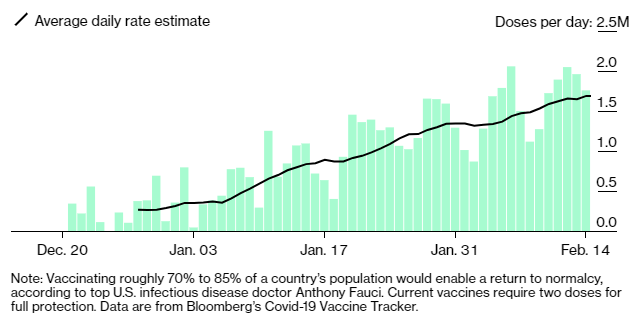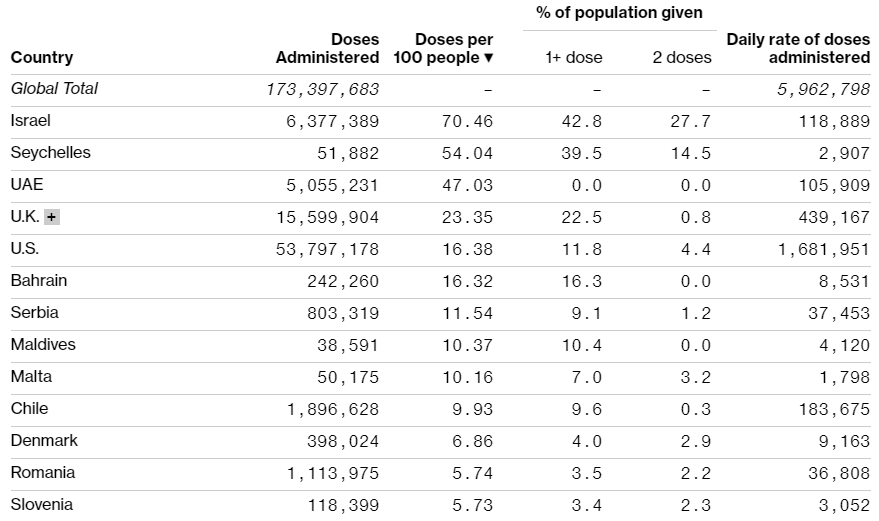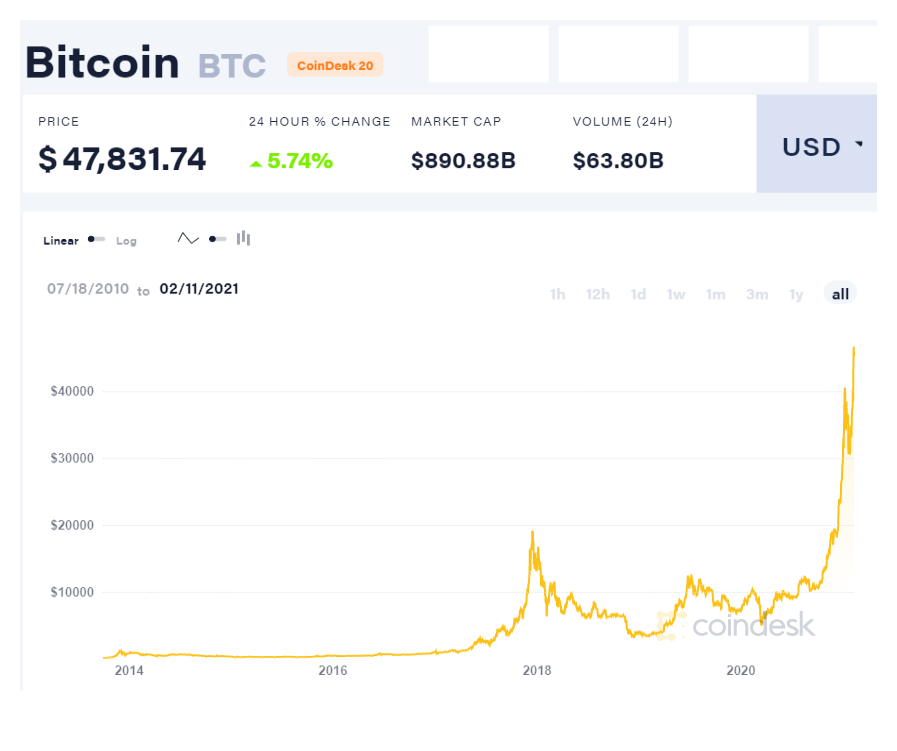
1/Here's a thread about the column that Larry Summers called "the year's most naive".
bloomberg.com/opinion/articl…
bloomberg.com/opinion/articl…
2/Inflation is low. So why are Summers and a couple other people (like Olivier Blanchard) warning that government borrowing and spending could lead to rampant inflation?
Heck, the spending they're scared about is smaller than the CARES Act!
noahpinion.substack.com/p/larry-summer…
Heck, the spending they're scared about is smaller than the CARES Act!
noahpinion.substack.com/p/larry-summer…
3/Well, my (charitable) answer is that they are afraid of a POLICY REGIME CHANGE.
To most people, "regime change" sounds like a war, but in econ, it means a change in the way policymakers make policy.
To most people, "regime change" sounds like a war, but in econ, it means a change in the way policymakers make policy.
4/Some economists have long hypothesized that spiraling inflation happens when:
A) a government shows that it doesn't worry about deficits at all, and
B) the central bank agrees to finance those deficits ad infinitum.
A) a government shows that it doesn't worry about deficits at all, and
B) the central bank agrees to finance those deficits ad infinitum.

5/A recent paper by top macroeconomists Jonathon Hazell, Juan Herreño, Emi Nakamura and Jón Steinsson suggests that Volcker brought down inflation in the 80s with a policy regime change -- by letting everyone know he was tough on inflation.
nber.org/papers/w28005
nber.org/papers/w28005
6/So what kind of policy regime change might happen now?
Well...maybe politics.
For 40 years now we've played this weird game where Democrats always care about deficits except in big recessions, and Republicans care about deficits only if a Democrat is President...
Well...maybe politics.
For 40 years now we've played this weird game where Democrats always care about deficits except in big recessions, and Republicans care about deficits only if a Democrat is President...

7/But maybe Democrats have had quite enough of that little lopsided game, thank-you-very-much!
nbcnews.com/politics/white…
nbcnews.com/politics/white…
8/Meanwhile, the People of America still say they care about deficits...but a lot less than they used to.
news.gallup.com/poll/147626/fe…
news.gallup.com/poll/147626/fe…
9/And we now have some loud and prominent voices advocating massively higher deficits in the popular commentariat.
noahpinion.substack.com/p/mmt-and-the-…
noahpinion.substack.com/p/mmt-and-the-…
10/So maybe what's going on is that Summers and Blanchard want to reassure businesses and markets and consumers that there are still Adults In The Room. 

11/But are they really the best positioned to do this? Blanchard is not so well-known outside of academia, and Summers' big flub on the 2009 stimulus may make him less credible this time around.
12/Instead, this seems like a job for the Fed.
Some economists have warned that inflation expectations have become un-anchored in recent years.
1. voxeu.org/article/anchor…
2. personal.lse.ac.uk/reisr/papers/9…
Some economists have warned that inflation expectations have become un-anchored in recent years.
1. voxeu.org/article/anchor…
2. personal.lse.ac.uk/reisr/papers/9…
13/So if the Fed lets people know that if inflation gets too high it will pull a Volcker, that could reassure people that inflation won't get too high, which would allow the government to borrow and spend more with no adverse consequences. 



14/Now as some point out, any Fed smackdown of high inflation would also require fiscal austerity.
That's true.
BUT, let's burn that bridge when we come to it, shall we? For now, simply promising to be hawkish if the true need arises seems sufficient.
That's true.
BUT, let's burn that bridge when we come to it, shall we? For now, simply promising to be hawkish if the true need arises seems sufficient.
https://twitter.com/dandolfa/status/1362601520261439488
15/Some think that the Fed saying it won't allow inflation over 6% (or whatever number) would be harmful, because the Fed needs to promise to be irresponsible in order to speed recovery today...
https://twitter.com/mattyglesias/status/1362448852167622659
16/But I think this is wrong, for two reasons:
1. It's an argument suited to a time of fiscal austerity, where Fed action is the only way to stimulate the economy.
2. Specifying a high level of inflation that would provoke harsh action kills the idea that 2% is a ceiling!
1. It's an argument suited to a time of fiscal austerity, where Fed action is the only way to stimulate the economy.
2. Specifying a high level of inflation that would provoke harsh action kills the idea that 2% is a ceiling!
17/Well, Summers thinks this column is naive. I certainly welcome any counterarguments! But vague, dark warnings that this would "collapse" asset markets don't seem like counterarguments. Tell us why!!
https://twitter.com/LHSummers/status/1362569709980368896
18/Meanwhile, top macroeconomists seem to like the column, so that is reassuring! 😁
https://twitter.com/JonSteinsson/status/1362596766177128450
19/Anyway, I think we need to be thinking about regime changes, the politics of deficits, and fiscal-monetary interactions more than we are! This really holds the key to the question of how much the government can safely borrow.
(end)
bloomberg.com/opinion/articl…
(end)
bloomberg.com/opinion/articl…
• • •
Missing some Tweet in this thread? You can try to
force a refresh








